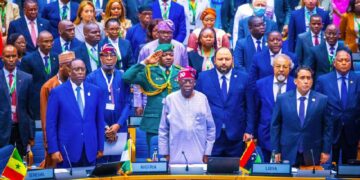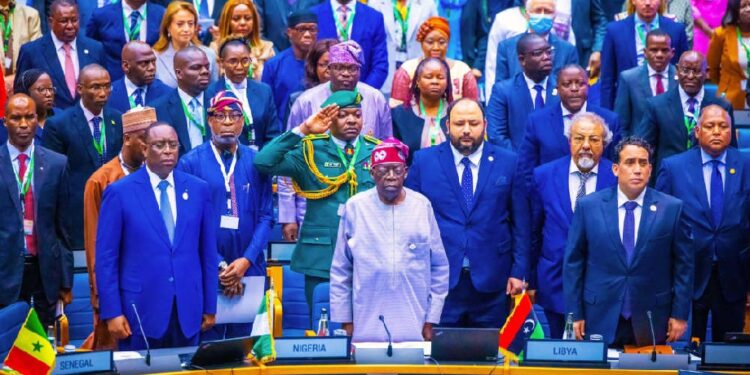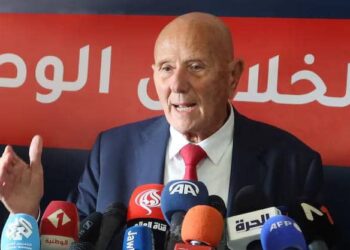By Emmanuel Nduka
15-member Economic Community of West African States (ECOWAS) on Thursday said it has resolved to activate its standby force in response to the recent coup in Niger Republic, while underscoring its continued commitment to restore constitutional order in the country through peaceful means.
According to a statement issued at the end of a summit in the Nigerian capital of Abuja, the regional bloc reiterated its strong condemnation of the coup in Niger, saying it upholds all measures and principles agreed upon by the urgent ECOWAS summit on July 30.
In the aftermath of the meeting, ECOWAS leaders directed members “committee of the Chiefs of Defense Staff to activate its standby force with all its elements immediately,” and be ready for the deployment of the ECOWAS standby force to restore the constitutional order in Niger.
While the regional bloc did not provide details on the force to be deployed or the timetable for action against the military officers who seized control of Niger two weeks ago, it also said it would enforce all sanction measures, in particular border closures and strict travel bans, on all individuals or groups whose actions hinder peaceful efforts to restore constitutional order in Niger.
ECOWAS said all options are on the table for the peaceful resolution of the crisis, and warned member states against “directly or indirectly hinder(ing) the peaceful resolution of the crisis.”
As Military Junta Holds On To Power
The move by the West African bloc to mobilize the regional standby force followed the refusal of Niger’s military junta to cede power to ousted President Mohamed Bazoum.
Omar Alieu Touray, President of the ECOWAS Commission, during a briefing in Abuja, said the primary objective of the regional standby force is to restore stability and order while facilitating the return to constitutional governance in Niger.
The military in Niger detained Bazoum on July 26 and chose Abdourahamane Tchiani, former leader of the country’s presidential guard, to lead the National Council for the Safeguard of the Homeland, a governing body established by the soldiers after the coup, which has been since exercising legislative and executive authority.
The coup, the third of its kind in West Africa in three years, has drawn condemnation from many African countries, which view the unconstitutional change of power as a threat to stability and development on the continent. The international community fears instability in the Sahel region would breed extremism.

































